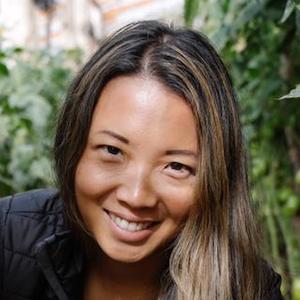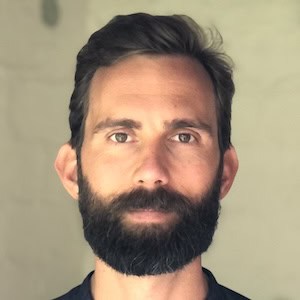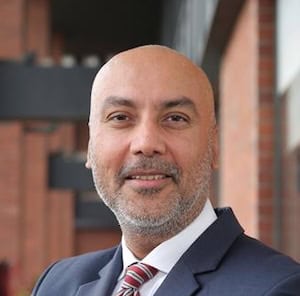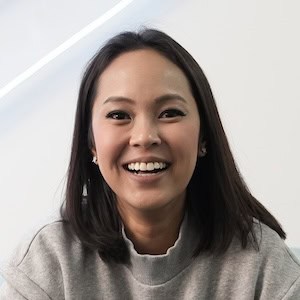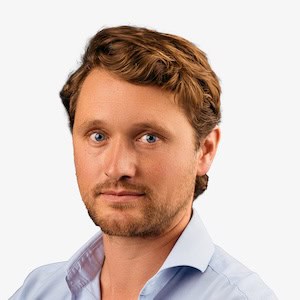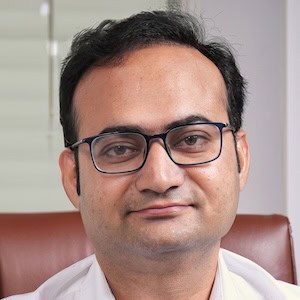-
Managing Trade-Offs Between Impact and Profit – Finding the Formula for BoP Business
Eugenia Rosca's study of small enterprises in BOP markets reveals that many of them have similar characteristics and are founded to respond to highly pressing local issues. The businesses usually identify a social need and develop a market to address it; then, in time, around one-third of them reported an increased orientation toward economic goals. To be successful, they should acquire skills, resources and capabilities for both social and economic activities.
- Categories
- Environment, Social Enterprise
-
From Extremely Poor to Entrepreneur: A Starter Asset Combined with Mentorship Forges Pathway Out of Poverty
Today Arfa Bibi runs a successful vegetable farming business in India. Only a few years ago, however, Bibi and her husband struggled to feed their family and she even resorted to begging. Her transformation into entrepreneur came thanks to Kolkata-based nonprofit Bandhan-Konnagar's graduation model program Targeting the Hardcore-Poor, whose success was cited in a six-country MIT study of 21,000 of the world's poorest people.
- Categories
- Agriculture
-
Addressing Eye Care in Emerging Markets with Blended Finance
WHO estimates that 39 million people suffer from blindness, more than half of them due to cataracts, and more than 90 percent of blind people live in the developing world. Cataracts are often curable but the traditional surgery is expensive. Convergence is supporting GlobalVision's plan to build on the affordable eye model that Aravind pioneered in India and establish a network of 60 eye care hospitals in emerging markets over the next 10 years, borrowing techniques from the microfinance sector.
- Categories
- Health Care, Investing, Social Enterprise, Technology
-
Full Financial Inclusion in India? How the ‘JAM Trinity’ Can Help Businesses Make it a Reality
Changes in India’s financial inclusion ecosystem in the past 10 years have increased access, writes Prabhat Labh, CEO of Grameen Foundation India, but that's only part of the equation. More must be done to ensure poor families can actively use these services. Fortunately, the JAM trinity – Jan Dhan accounts, the Aadhaar ID system and mobile technology – has enabled completely new business models that scale processes for customer acquisition.
- Categories
- Uncategorized
-
The Rise of a New Asset Class: Can ‘PAYGo Finance’ Connect Investors to Low-Income Customers?
Lendable has pioneered a marketplace lending platform that connects alternative lenders in East Africa with impact and institutional debt investors, to provide financing for leased assets like solar panels and motorcycles. According to BFA, providing these alternative lenders with structured debt financing could potentially give rise to a new asset class: PAYGo finance. If successful in raising funds from investors at scale, the Lendable approach could bring financing for low-income individuals full circle.
-
How Flexible Financing, Solar Panels and Data Could Be Key to Financial Inclusion
With over 1 million units installed in the past four years, the PAYGo financing model is already unlocking significant growth for the off-grid solar industry. But the sector also faces formidable challenges. FIBR, a project by BFA in partnership with Mastercard Foundation, is exploring ways PAYGo solar can leverage data to make better point-of-sale decisions, customize product offerings, engage and retain agent networks, inform future follow-on products, and build linkages with other financial service providers.
-
Want to Know How to Properly Measure Financial Inclusion? Copy the Retailers.
To better understand and measure how people use financial services, i2i looked outside the industry to the retail sector, which is at the forefront of how to collect and analyze data on how consumers engage with their services. In particular, retailers understand key usage indicators fundamental to their business; namely recency, frequency, monetary value and duration. That led i2i to apply these indicators while studying how to improve financial services.
- Categories
- Uncategorized
-
The Future of the Graduation Approach: Taking a Proven Anti-Poverty Measure to Scale
How can the "graduation" approach to fighting extreme poverty achieve a scale commensurate with extreme poverty itself? Increasingly, the answer is to embed graduation within government-run social protection programs that already operate at massive scale. MetLife Foundation's Krishna Thacker explores why the approach works, and how innovative organizations are taking it to the next level.
- Categories
- Education
